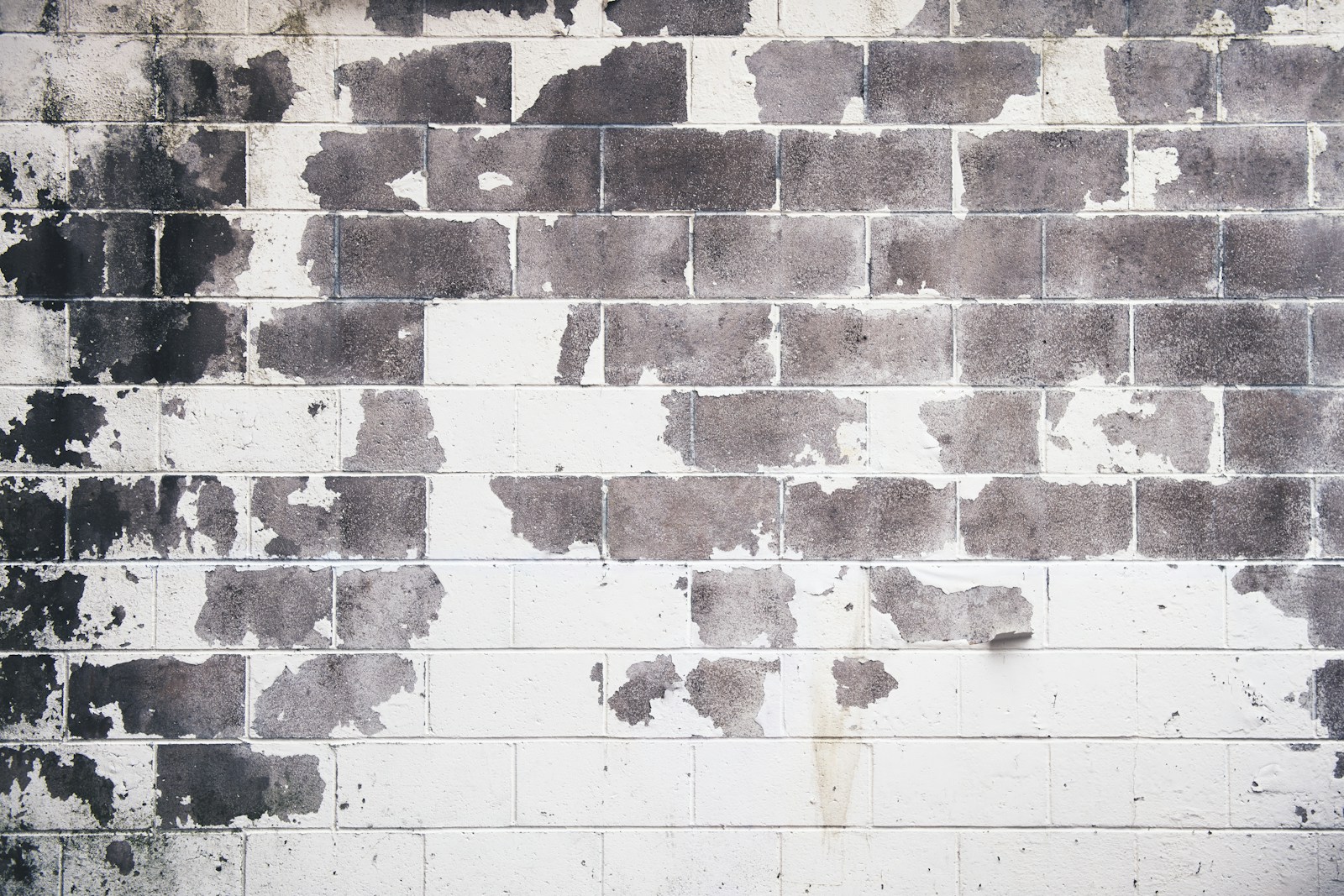
pared

wall
The Spanish word for 'wall', 'pared', is used in a same way as in English. It refers to a vertical structure, often made of stone or brick, that divides or surrounds an area. However, it's important to note that 'pared' is generally used for interior walls. For referring to an exterior wall or a wall of a building, you'd often use the word 'muro'.
Example sentences using: pared
La pared es blanca.

The wall is white.
This phrase demonstrates how to use the noun 'pared' meaning 'wall'. The structure of the sentence follows the pattern subject + verb + compliment. 'Es' is the third person singular of the verb 'ser' that is used to describe characteristics.
Hay una foto en la pared.

There is a picture on the wall.
This sentence uses the phrase 'en la pared' which translates to 'on the wall'. 'Hay' is a form of the Spanish verb 'haber' and is used for existence of something, like 'there is' or 'there are' in English.
Pinté la pared de azul.

I painted the wall blue.
The phrase shows how to use the noun 'pared' in a sentence where action is performed upon it. The preposition 'de' is used here to describe the color of the wall.
La pared tiene una grieta.

The wall has a crack.
This instructs how to say that something/a condition ('una grieta') is on or at the wall ('la pared'). 'Tiene' is the third person singular of the verb 'tener', which means 'to have'.
La casa tiene cuatro paredes.

The house has four walls.
Here we see the plural form of 'pared' - 'paredes'. It demonstrates how to talk about multiple walls.
El gato subió la pared.

The cat climbed the wall.
The phrase uses 'pared' in a context of a subject performing an action on it. 'Subió' is past tense of the verb 'subir', meaning 'to climb'.
La pared está húmeda.

The wall is damp.
This sentence uses 'pared' as a subject, paired with the verb 'estar' instead of 'ser', which is used for temporary conditions or states, in this case being 'damp'.
La pelota golpeó la pared.

The ball hit the wall.
The sentence exemplifies how to say that an action was inflicted upon the wall. 'Golpeó' is the past tense of the verb 'golpear' which means 'to hit'.
Hay un espejo en la pared.

There is a mirror on the wall.
This phrase illustrates the use of 'pared' in the context of something being present on it. 'espejo' means mirror, which is placed 'en la pared' meaning 'on the wall'.